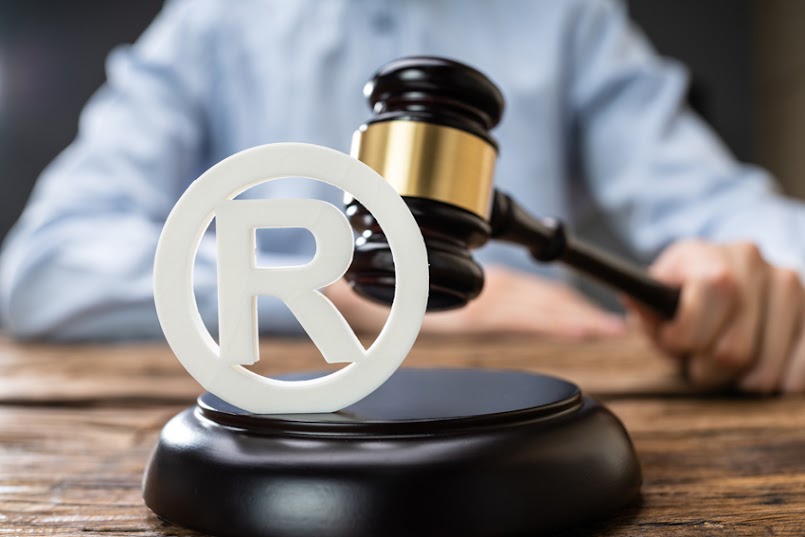Commercially Licensed Business Art
The Risk of Not Using Commercially Licensed Images for Your Business
Companies of all sizes use images on their websites, blogs, and social media marketing efforts. Most of these images are copied and used without commercially licensed authorization from the copyright owner of the art. Businesses are exposing themselves to potential financial risks, and potentially court appearances.
Companies that license art, such as Getty Images and Shutterstock, have computer programs that search the internet for companies stealing and using their art without permission. Fines can be in the thousands of dollars for each occurrence. Individual photographers, songwriters, artists, musicians, and authors all have the same right to protect their intellectual property.
Copyright laws protect all "original works of authorship" across music, art, literature, and drama, including things like movies, poetry, novels, architecture, even computer software. Unlike patents or trademarks, it is not necessary to file any paperwork to secure your copyright. If you created the work, you own the copyright, immediately and without exception. Registering your copyright is voluntary, though required if the copyright holder wishes to bring a lawsuit for copyright infringement.
Common Misconceptions About Using Copyrighted Materials Illegally
There are numerous myths justifying not purchasing permission to use copyrighted material and how you may be released from liability. For example, none of these proposed methods subvert copyright protections:
- Altering the copyrighted image
- Attributing the original creator in the caption
- Adding a disclaimer that you do not own any of the copyrighted materials, and all rights belong to the original creator
- Hyperlinking the copyrighted image back to the source
- Using the copyrighted content for personal use
- Utilizing the source URL to embed the copyrighted image on your website rather than hosting it on My web designer used it
- I will just delete everything
None of these courses of action transfers or alters the original copyright holder's claim to financial compensation. If you get caught, and you probably will eventually, you have no legal leg to stand on and open yourself up to any rate the owners feels their art is worth.
Think about it: You are using someone else’s property to generate revenue without paying for their services.
The copyright holder singular and complete control over how the image is used and distributed. To then use an image without permission is in blatant violation of the Copyright Act. Failure to follow these laws exposes you, and your business, to fines and legal action.
Preventing a Crisis
First, it is always best to consult with a Copyright Lawyer with a background in business law. Explain to them what you have done, or are intending to do, and where you are currently getting your content. The cost of getting caught using copyrighted artwork without permission could exceed $2,000 for each occurrence. Don’t assume “I will just delete the pictures,” because the company you have taken intellectual property from will have already saved copies of your website with dates and times their images appeared.
If you have got a touch of creativity, the absolute best, cheapest, and safest route is to make your own images. The copyright law will protect your work the same as anyone else's. Because you created it, you will own the copyright.
Stock photo websites like Getty Images and Shutterstock offer a variety of paid images, increasing the odds you will find what you are looking for, but this convenience comes with a premium price tag. Pay attention to the terms and conditions; on most of these websites, you are not purchasing the image, but a license to use it, and that comes with its own do's and don't's.
As a business owner, you already comply with laws pertaining how you can operate your business. Paying to use copyrighted intellectual property falls under the same standard operating procedure.
About the Author
Fran Perdomo is NYC Business Lawyer experienced in commercial litigation cases involving patents, trademarks, copyrights, and intellectual property. For more information, visit and contact Perdomo Law.
Additional References
The content of this blog has been prepared by Perdomo Law for informational purposes only and should not be construed as legal advice. The material posted on this website is not intended to create, and receipt of it does not constitute, a lawyer-client relationship, and readers should not act upon it without seeking professional counsel. Perdomo Law did not produce and is not responsible for the content of off-site legal resources. The materials on this site may constitute advertising under various state ethics rules.




Comments
Post a Comment